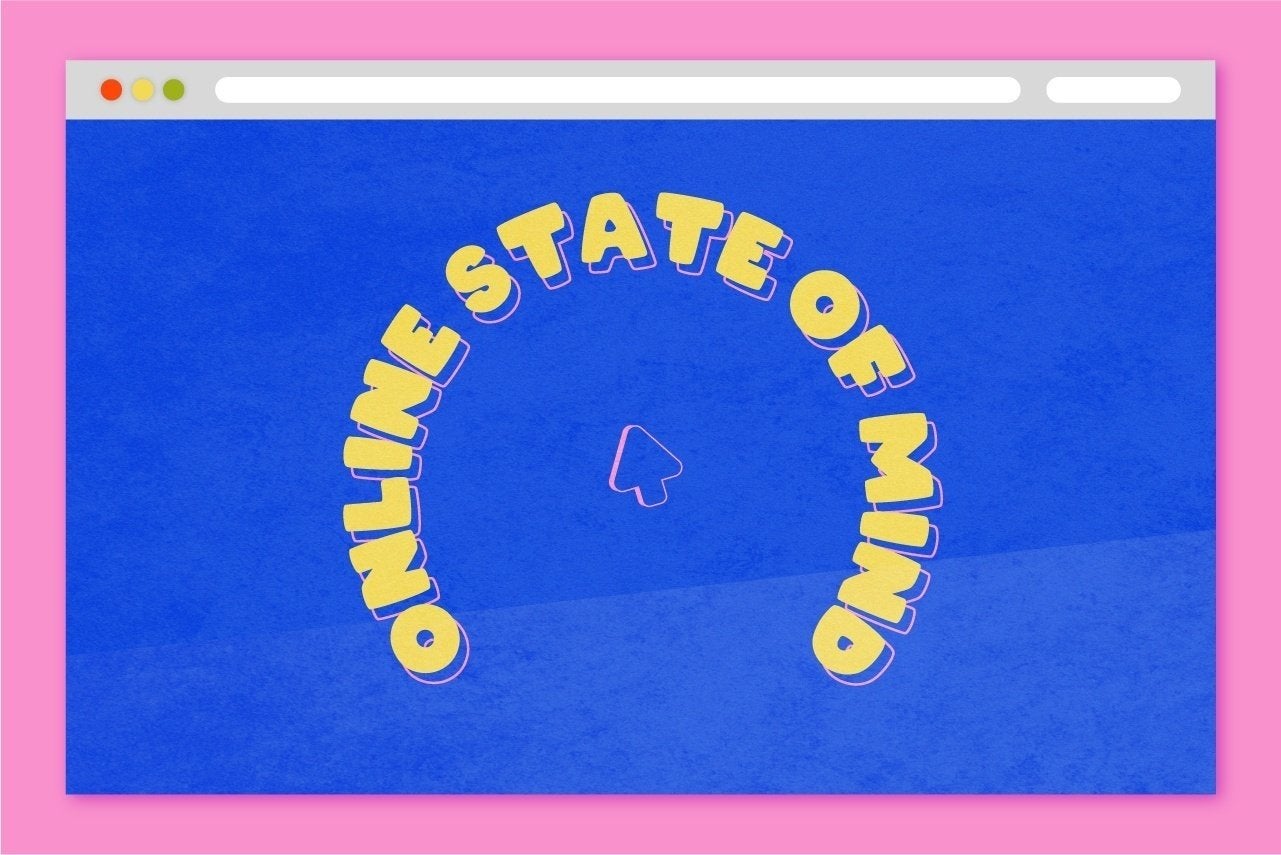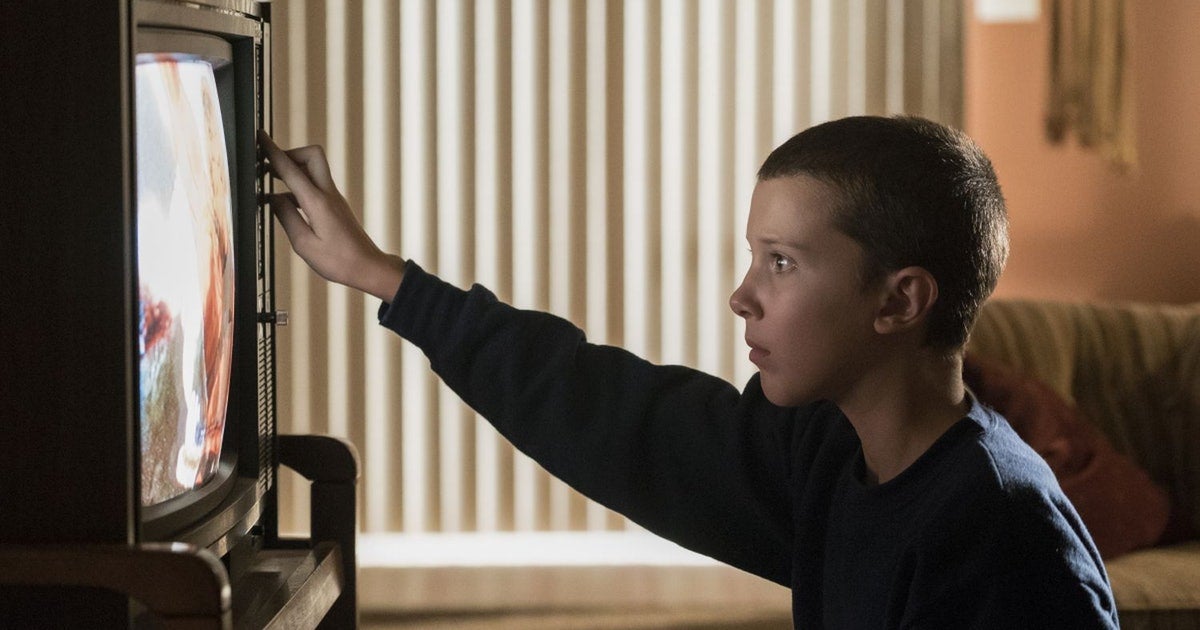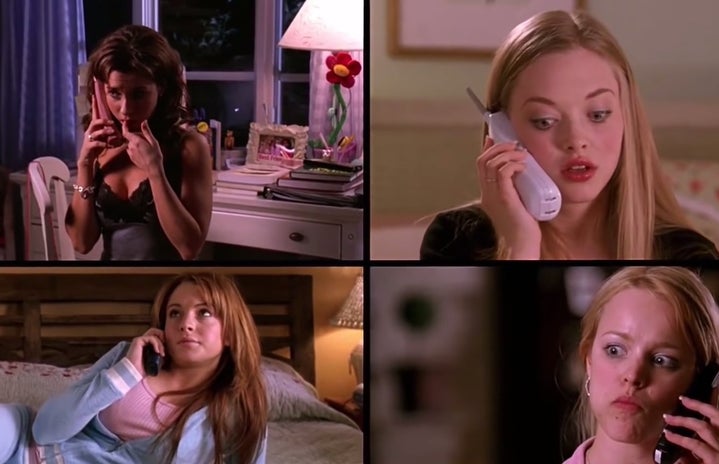Have you ever found yourself following a celeb’s every move? Are you totally convinced that you’re besties with your favorite influencer? If so, I hate to break it to you, but you might be in a parasocial relationship.
What is a parasocial relationship?
A parasocial relationship is an emotional attachment that’s formed between a public figure and a devotee. It’s one-sided, time-consuming, and unhealthy for all parties involved. Parasocial relationships could range from investing in the life of your figure of choice to more concerning behaviors such as stalking.
So, yeah. They’re toxic.
Super toxic.
But rest assured — you’re not alone.
Blame it on Stan culture

Stan culture and social media normalize parasocial relationships, so they aren’t uncommon. A ‘stan’ is a super fan of a piece of media or public figure. Social media platforms, especially Twitter, have created spaces for fanbases to thrive. In fact, they have their own subcategory on the app; Stan Twitter.
Twitter and other popular social forums are infamous for their curation of parasocial relationships because they provide a direct line of communication between influencers and fans. This leads to easy access to — and constant interaction with — public figures.
How bad are parasocial relationships, really?
The effects of parasocial relationships can be detrimental to both fans and public figures.
So much accessibility and so little limitation in this type of relationship can result in entitlement towards creators, as if they owe us content. This sense of entitlement puts unfair expectations on said creators. Maintaining a social media presence for large audiences already comes with its own pressures, and demands from so-called fans only add to the list.
As far as parasocial relationships go for everyday folks like you and me, it’s not all sunshine and rainbows either. In parasocial relationships, we see an increase in screen time, which negatively impacts mental health and skews our sense of identity. Parasocial relationships are also emotionally draining because they require us to constantly dedicate our time and energy to others. They encourage us to prioritize people who are essentially strangers over ourselves. Engaging in parasocial relationships may also result in obsessive behavioral patterns as we develop habits of refreshing our feeds and checking socials for updates on our faves.
Kiss it goodbye

Odds are, if you’re in a parasocial relationship, you’d probably like to leave it. If you aren’t, you’ll want to avoid entering one. I have firsthand experience with being in and getting out of parasocial relationships, so I have some advice for you.
Accept it. They say self-awareness is the first step, and it’s true. Once you acknowledge that you’re in a parasocial relationship, you can begin to overcome it.
Don’t shame yourself for it. Honestly, we’ve all been there at some point. I know I have with fictional characters, music artists, actors, and even YouTubers. It’s easy to fall down the rabbit hole that is pop culture, and now, it’s even easier than ever because of the Internet.
Find a healthier way to engage with media. You don’t have to ditch your favorite movies, TV shows, or celebs altogether, but I recommend setting boundaries for yourself. When it’s enough, it’s enough.
Instead of investing time into others, invest time into yourself. Discover your passions. Try out new hobbies. Whatever it may be, fill your new free time with what it is that you enjoy.
Last but certainly not least, focus on the relationships in your own life. Surround yourself with people you care about and who care about you. You’ll find that mutual relationships are much more rewarding than those that are one-sided.
Media consumption and celebrity culture can be part of our lives, but they shouldn’t be our entire lives.
Can’t get enough of HC UMass Amherst? Be sure to follow us on Instagram, listen to us on Spotify, like us on Facebook, and read our latest Tweets!


